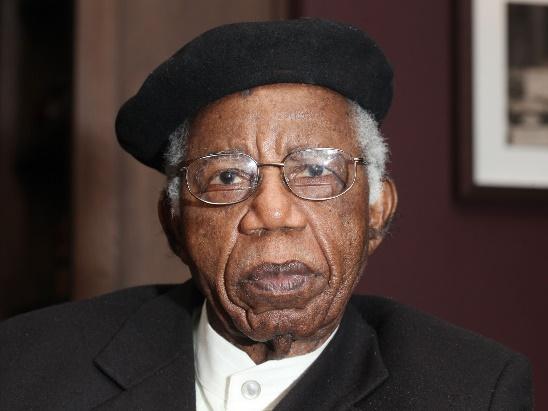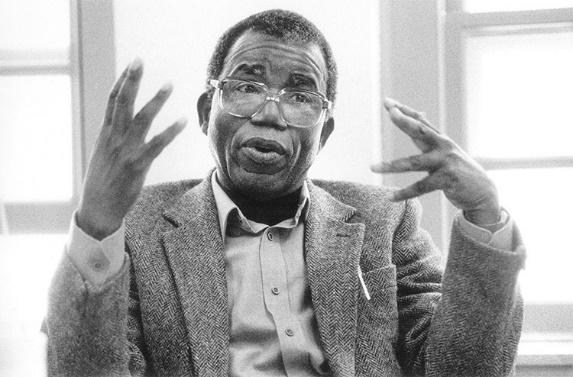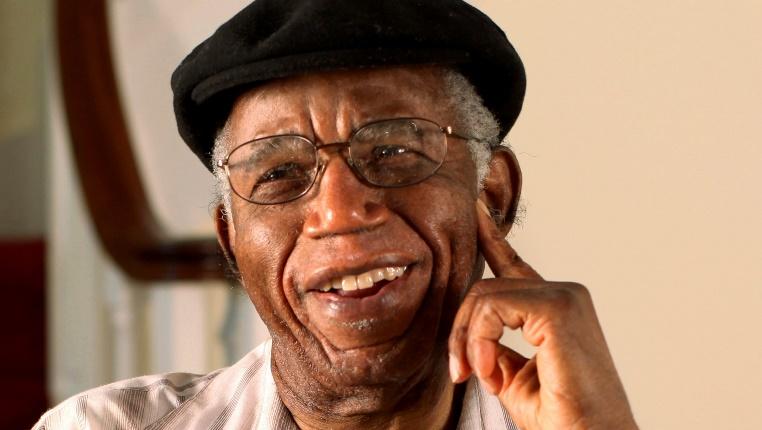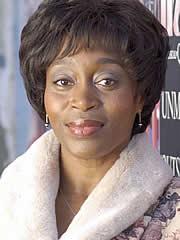Albert Chinualumogu Achebe
Achebe was a Nigerian novelist, poet, and critic who is regarded as the dominant figure of modern African literature. His first novel and magnum opus, Things Fall Apart, occupies a pivotal place in African literature and remains the most widely studied, translated and read African novel.
1930
2013
Ogidi, Nigeria
Nigerian
Achebe received over 30 honorary degrees from universities in Nigeria, Canada, South Africa, Nigeria, the United Kingdom and the United States, including Dartmouth College, Harvard, and Brown. Among his other honours are the first Commonwealth Poetry Prize (1972); the Nigerian National Order of Merit, the Order of the Federal Republic (1979); an Honorary Fellowship of the American Academy of Arts and Letters (1982); the St. Louis Literary Award (1999); the Peace Prize of the German Book Trade (2002); the Man Booker International Prize (2007); and the Dorothy and Lillian Gish Prize (2010). In 1992 he became the first living writer to be represented in the Everyman’s Library collection (reprints of classic literature) published by Alfred A Knopf. He was appointed Goodwill Ambassador to the United Nations Population Fund in 1999.
Although he accepted numerous awards from the Nigerian government, Achebe refused the Nigerian Commander of the Federal Republic in 2004. Citing his frustration with the political environment, he explained that Nigerian President Goodluck Jonathan claimed that Achebe was confused by misinformation but said he still held him in high regard. Achebe was again awarded the Commander of the Federal Republic in 2011, but he declined it asserting “the reasons for rejecting the offer when it was first made have not been addressed let alone solved. It is inappropriate to offer it again to me”.
In 1936, Achebe entered St Philips’ Central School in the Akpakaogwe region of Ogidi. Despite his protests, he spent a week in the religious class for young children, but was quickly moved to a higher class when the school’s chaplain took note of his intelligence. One teacher described him as the student with the best handwriting and the best reading skills in his class. He attended Sunday school every week and the special services held monthly, often carrying his father’s bag. A controversy erupted at one such session, when apostates from the new church challenged the catechist about the tenets of Christianity. Achebe enrolled in Nekede Central School, outside of Owerri, in 1942; he was particularly studious and passed the entrance examinations for two colleges.
Achebe’s debut as an author was in 1950 when he wrote a piece for the University Herald, the university’s magazine, entitled Polar Undergraduate. It used irony and humour to celebrate the intellectual vigour of his classmates. He followed with other essays and letters about philosophy and freedom in academia, some of which were published in another campus magazine called The Bug. He served as the Herald’s editor during the 1951–52 school year. He wrote his first short story that year, In a Village Church(1951), an amusing look at the Igbo synthesis between life in rural Nigeria with Christian institutions and icons. Other short stories he wrote during his time at Ibadanexamine conflicts between tradition and modernity, with an eye toward dialogue and understanding on both sides. These include The Old Order in Conflict with the New (1952) and Dead Men’s Path (1953). When Professor Geoffrey Parrinder arrived at the university to teach comparative religion, Achebe began to explore the fields of Christian history and African traditional religions.
After the final examinations at Ibadan in 1953, Achebe was awarded a secondclass degree. Rattled by not receiving the highest level, he was uncertain how to proceed after graduation and returned to his hometown of Ogidi. While pondering possible career paths, Achebe was visited by a friend from the university, who convinced him to apply for an English teaching position at the Merchants of Light school at Oba. It was a ramshackle institution with a crumbling infrastructure and a meagre library; the school was built on what the residents called `bad bush’, a section of land thought to be tainted by unfriendly spirits.
As a teacher he urged his students to read extensively and be original in their work. The students did not have access to the newspapers he had read as a student, so Achebe made his own available in the classroom. He taught in Oba for four months. He left the institution in 1954 and moved to Lagos to work for the Nigerian Broadcasting Service (NBS), a radio network started in 1933 by the colonial government.[33] He was assigned to the Talks Department to prepare scripts for oral delivery. This helped him master the subtle nuances between written and spoken language, a skill that helped him later to write realistic dialogue.
Back in Nigeria, Achebe set to work revising and editing his novel; he titled it Things Fall Apart, after a line in the poem The Second Coming by W. B. Yeats. He cut away the second and third sections of the book, leaving only the story of a yam farmer named Okonkwo who lives during the colonisation of Nigeria and struggles with his father’s debtor legacy. He added sections, improved various chapters, and restructured the prose.
Parents – Janet Anaenechi Iloegbunam Achebe and Isaiah Okafo Achebe
Spouse – Christiana Chinwe Okoli (married 1961-2013)
Children – Nwando Achebe, Chidi Chike Achebe, Ikechukwu Achebe, Chinelo Achebe
https://www.thoughtco.com/chinua-achebe-biography-4176505 accessed 17/03/2022
https://eu.usatoday.com/story/life/books/2013/03/22/chinua-achebe-author-of-things-fall-apart-dies-at-82/2009751/ accessed 17/04/2022
https://www.historytoday.com/archive/author-historian/portrait-author-historian-chinua-achebe accessed 17/04/2022
https://www.britannica.com/biography/Chinua-Achebe accessed 17/04/2022
https://en.wikipedia.org/wiki/Chinua_Achebe accessed 17/04/2022
https://www.goodreads.com/author/quotes/8051.Chinua_Achebe accessed 17/04/2022




